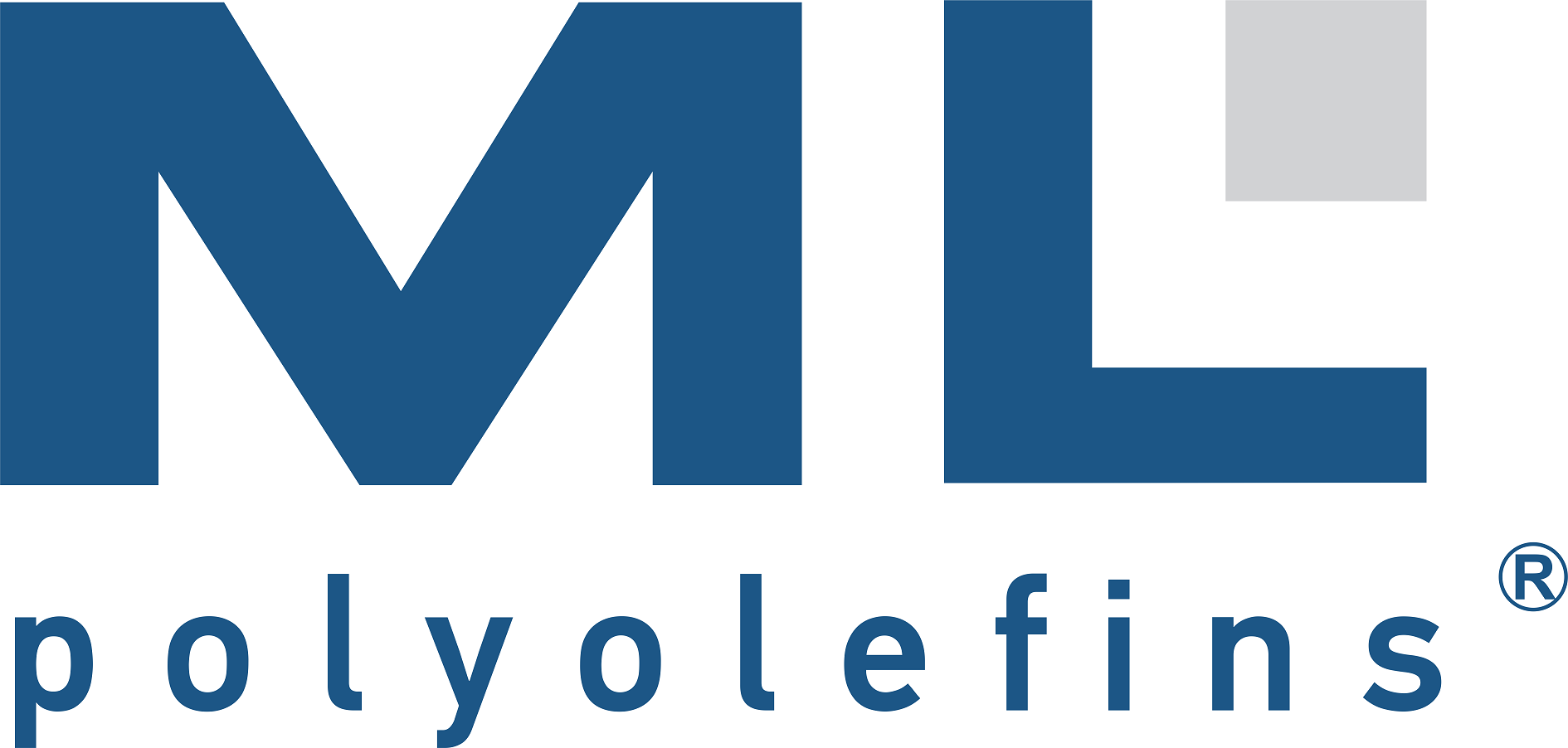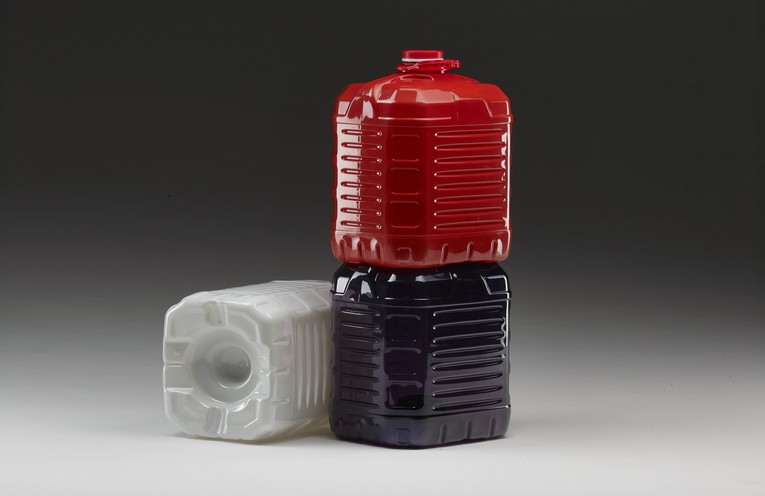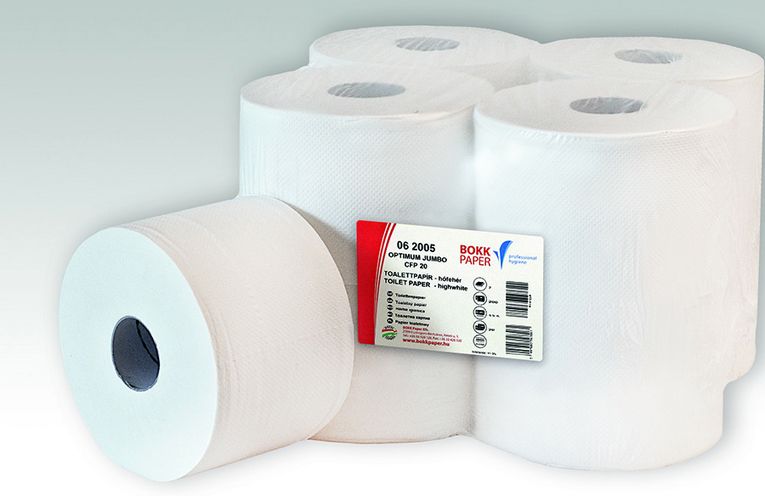The last meeting of the European Council ended with decisions that will have major implications for the plastics processing industry. The new tax of € 0.80 per kilogram of non-recyclable plastic packaging waste is a significant impulse to change the policy of many manufacturers. The application of the new tariff from 1st January 2021 makes it necessary to quickly adapt to new realities.
–The decision of the European Council clearly indicates the direction of the EU’s policy aimed at maximizing the recovery of plastics introduced into the economic circulation – comments Tomasz Mikulski, president of ML Polyolefins. – In this way, processors will be forced to make more rational decisions regarding packaging designs, which will certainly contribute to the elimination of those that process non-recyclable ones. This tax is to mobilize EU Member States to take more decisive actions to implement the concept of the Circular Economy.
For some industries, such a short deadline for implementing the new fee may be a significant complication due to the materials used so far. Some companies are already at an advanced stage in terms of remodelling their product portfolio, while for others there is less and less time: : – We have been observing for a certain time an increased interest of customers in our services. We have a lot of inquiries about the verification of individual products in terms of the possibility of reprocessing. – explains Tomasz Mikulski. – Especially for large companies with a wide assortment, switching and minimizing the amount of unprocessed raw materials can be a big challenge. We conduct audits on an ongoing basis at the request of our contractors and verify for them the possibilities of rational resource management in the field of plastics.
The new tribute is expected to help reduce the amount of plastic waste that has a short life. Quite mundane restrictions may also turn out to be a problem in meeting the requirements: – Theoretically, the increased supply of raw material is not everything – suggests the president of ML Polyolefins. – I have been active in this market for two decades and I can see that the problem of wrong sorting is still a big issue. Non-recyclable waste is of no value due to dirty inclusions and is an obstacle to the production of high-quality recyclates. We suffer from a lack of institutional support or development for the implementation of a Circular Economy project. For some time now, we’ve heard about plans to implement the EPR, but such initiatives must be taken together with the changing law, such as the latest conclusions of the European Council.
Along with the increase in waste supply, the question arises about their demand in the form of regranulate. Many people also express doubts about the suitability of secondary materials for production: – Generally, we are better prepared for recycling in Poland. Today’s technology is also our ally, because it allows the production of really high-quality recyclates with stable parameters. Today, we can compete in many fields with original material, because recyclate is a realistic alternative. On the other hand, the issue of throughput capacity and the market’s ability to absorb the increased amount of waste are quite another topic. One thing is for sure – the demand for good quality regranulate remains at a high level and the most technologically advanced companies will have no problems with marketing and distribution. – concludes Tomasz Mikulski.
forrás: mlpolyolefins.com 2020.07.23





